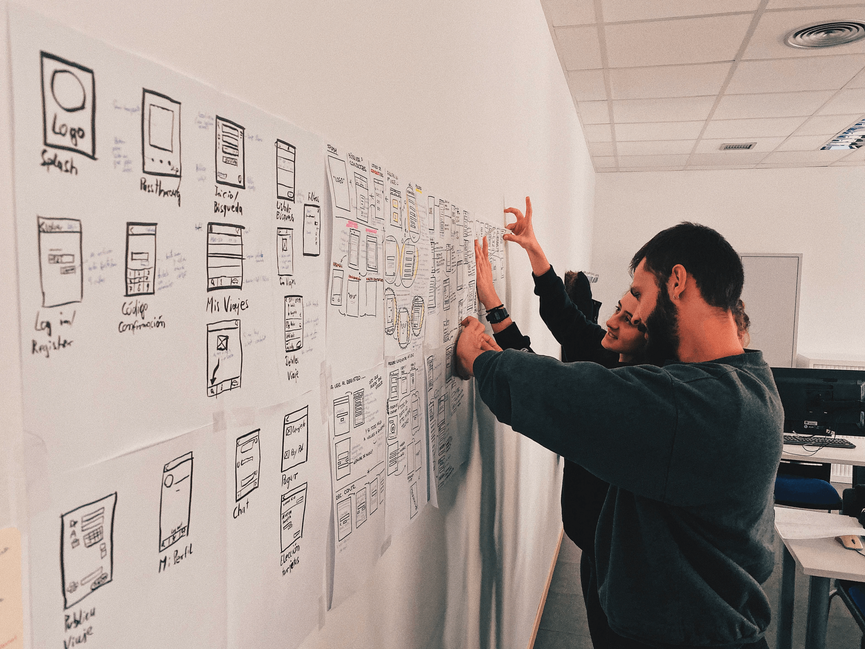Redefining the Discovery Phase: ‘One-Sprint Consultancy’

Consultants have a lot of words for it, naturally: Discovery Phase, Preparation Phase, Sprint Zero, Needs Assessment Phase, Problem Definition Phase.
Now, in principle these are good. Thinking before doing is always the right thing. Yet they rightly have a bit of a bad name amongst many. A dispiriting number of organisations we’ve worked with have admitted: “Oh yes, we’ve done lots of Discoveries before. They never go anywhere”.
We can understand why. A quarter of a year on, some proper money spent and only a slide deck to show for it. Worse, the findings can be paralysing. The devil may be in the detail, but if you elicit every single problem you can inflate a project until it reaches ocean-boiling proportions.
Sure, if you are responsible for a complex life-critical service, a big discovery phase is completely necessary. I’ve personally done big ones for the National Breast Screening Service and the National Train Timetabling Consortium. These are things you don’t want to ever get wrong.
Yet it really doesn’t have to be like that. You can do a Discovery in just one sprint - two or three weeks, with only one, two or three people. It only depends on which lenses you need to look through: business strategy, customer strategy, and/or tech strategy. What specifically they focus on is up to you.
These half-a-dozen examples are just a snapshot of the many challenges that can benefit from a short consultancy engagement. Looking at your problem with fresh eyes. Seeing beyond the normal organisational silos. Using people who are not invested in how you got here and or why things are as they are.
A one-sprint consultancy is of course tailored and customised to you and your challenge, but typical outputs include (this sounds a bit abstract and {ahem} consultancy, but bear with us):
Vision statement to make the wider context explicit (though it would be great if you already have this)
Feature specification stating what you need to address your problem that supports this vision. This can then be turned into a statement of work for a future project to deliver what you need. This is likely to include:
Key principles that need to shape the work, include (but are not limited to):
Stakeholder mapping of all the fingers in the pie, including customer segmentation.
Metrics to measure what is important and evidence tools to collect those metrics, like management information, customer behavioural analytics analysis, and technical performance.
Project report and post-project playback to present the work.
By investing in this one-sprint piece of consultancy you’ll be able to discuss and decide the next steps, confident that the problem has:
And that is the point. Major decisions need both de-risking and accelerating, and a one-sprint consultancy can do just that!
Let’s do something great